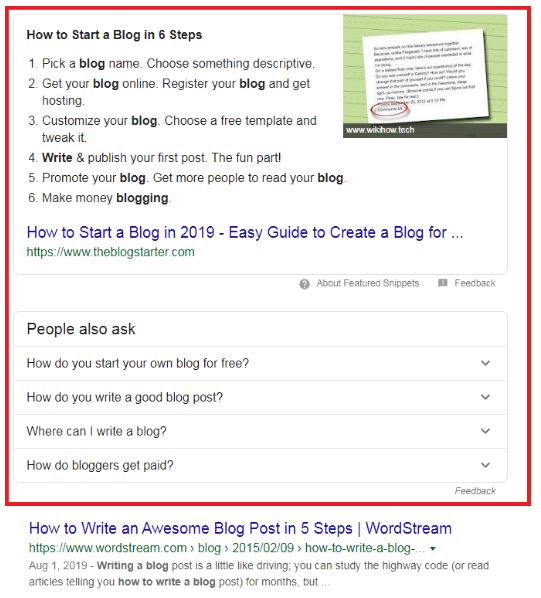
By: Jeremy Mayer Sep 19/2019
Blogs have been written about almost any topic you can think of and can be a very valuable tool for businesses. I frequently find blog pages on websites that seem like they were written because the business feels the need to keep up with their competitors or stay current with digital trends. As a result, they say the same things their competitors are saying and fail to differentiate themselves; the blogs have been written without an audience in mind and add little value to the website and business.
This is why, before writing your first blog, you need to consider what audience you are writing it for and ensure that you are targeting it towards people who will be valuable to your business. This makes the investment of resources into writing the blog worthwhile. An incorrectly targeted blog will likely result in little gained brand awareness and the reader not returning to become a customer later. Research is also crucial to the success of your blog.
There are many approaches to blog writing, but I’ve broken them down into two categories: SEO-focused blogs, which answer common questions, and customer-resource focused blogs, which provide in-depth information about your business and offerings.

As an SEO Specialist, I know that this is one of the most important blog strategies to have on your site. The goal of this blogging strategy is to generate traffic to your website by targeting keywords that aren’t targeted by your product or services pages. Often these keywords will be in the form of a question – for example, “how to use blogs for marketing?”
These blogs require more preparation to write than ones that are focused on customer resources. The first step is to do keyword research to find out what people are searching for related to your business. There are many tools you can use for this; some of our favourites at Snaptech are SEMrush, Moz Keyword Explorer and Google keyword planner (you can only use the latter if you have a Google Ads account). The goal of these blogs is to rank highly in Google search results for these search terms. Keep in mind that these visitors will be expecting valuable content, so don’t sacrifice the quality and effort simply to rank for a certain keyword.
When selecting a keyword to target, look for longer tailed keywords, as these will be less competitive. For example, it will be much harder to rank for “writing a blog” than “how to write a detailed blog post”. Using question keywords can lead to your blog appearing in a featured snippet, the answer snippets that show up on the search results page. An example of this can be found below. Featured snippets, if you can nab them, are great “free real estate” on the search results page.

The other blog strategy is to focus your blogs on helping your customers on your website. This essentially turns the blog into a resource page. This strategy means that your metrics for success will not be measured in terms of how they generate traffic, but rather the time spent on the page by the visitors you direct to these pages, and whether or not they move on afterwards to an additional key page.
You will also need links throughout the site to direct visitors to these pages. For example, for a resource that helps in choosing a product, you would need a link on the product page to the relevant blog. Your sales or customer service departments will be able to direct potential customers to these resources to find answers to questions that they may have.
The blogs you write for this audience need to be very informative and detailed; with the goal being the user leaving the blog feeling assured in their decision to purchase one of your products. Three ways that you can achieve this goal are:
Blogs can bring new visitors to your website and provide valuable resources to visitors already on the site, but they need to be targeted to the right audience. A good overall blog strategy will use both the SEO focused and resource-based types of content. Regardless, it is fundamental that you decide on the focus before writing the blog post to ensure that it aligns it with your target audience.
If you’re not sure who exactly you should be speaking to, or you need help in developing content for your blog, contact Snaptech today. We can help you to develop a blog strategy that brings in new traffic and has the potential to turn users into customers.